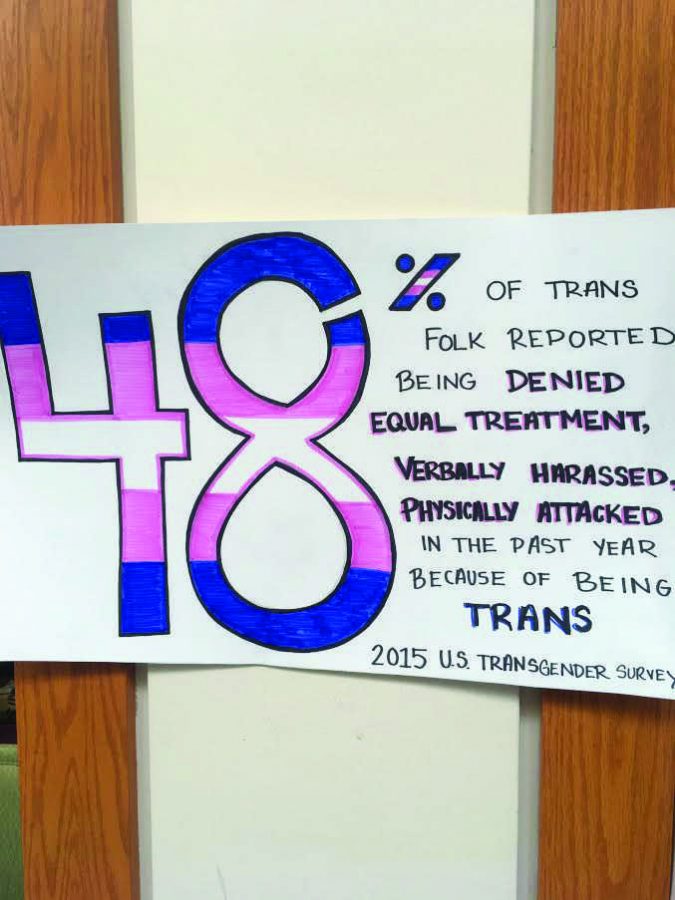By Ellen Garnett
Staff Writer

Rose Marcario, the Chief Executive Officer of Patagonia, visited Simmons last week to have a discussion in celebration of Earth Day. Marcario shared invaluable knowledge with students and faculty about her own involvement with Patagonia and the shifting paradigms regarding sustainable consumption.
Patagonia is a for-profit organization with the mission to “build the best product, cause no unnecessary harm, use business to inspire and implement solutions to the environmental crisis,” according to their website. They sell sporting gear for outdoor activities such as climbing, skiing, snowboarding, surfing, fly fishing, and trail running.
Part of what makes Patagonia such a responsible company is its usage of only organic cotton and recycled polyester. To support their corporate social responsibility (CSR) element of their business, they donate about one percent of their sales to “hundreds of grassroots environmental groups all over the world to help reverse the tide.”
“We need to be citizens, not consumers,” said Marcario.
The latest trend in business is increased transparency with consumers and workers, as more companies like Patagonia are coming forward with their CSR initiatives to show that they are not simply in it for the money. Patagonia has been ahead of the curve for quite some time; as Marcario noted, they established a child center in their headquarters 31 years ago to ease the burden of employees trying to find adequate childcare.
“We need a world where the human part of business is connected,” said Marcario. “Business has more often than not failed that.”

On the employee side of business, Patagonia is known for its friendly, welcoming, and creative atmosphere. Marcario emphasized that Patagonia encourages employees to “bring their whole self” to work, instead of only parts of them, which is what Marcario found in working for other companies. However, Patagonia is not the only for-profit organization with socially-forward thinking.
Other companies, such as Chipotle, recently announced that they would no longer serve pork at one-third of their restaurants because one of their suppliers violated Chipotle’s standards of raising pigs in humane conditions. Chipotle’s decision to pull pork off of its menus, despite their decrease in sales, demonstrates their dedication to the social and environmental parts of their triple bottom line, the third part being financial. They send the message that they care about being socially responsible.
Ultimately, Marcario encouraged Simmons to live by her mantra of “leading by example” to create a business world that is more socially focused. To learn more about Patagonia’s initiatives, visit their website at Patagonia.com.














